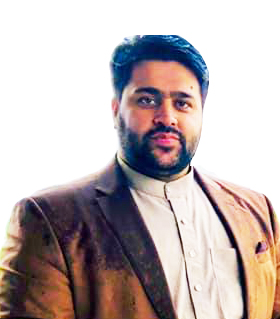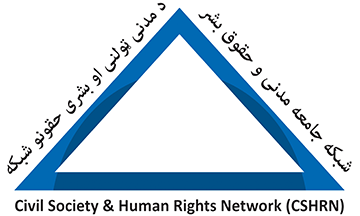Cancer: the name of the second death in Afghanistan
Khushhal Nabizadah Cancer is not the only issue in the field of health, but the broad social, economic, promotional and human rights as well. Cancer causing a huge challenge to development and human progress around the world, especially in poor and developing countries. Cancer is the cause and consequence of poverty. In other words, cancer and poverty interact with each other so that cancer negatively affects the ability of families and society. Because of incapacity, according to the cancer patients who are not able to work efficiently and incomes are low in comparison with healthy people and on the other hand, they consume many possibilities for treatment. Human understanding of cancers and proportional to the level of individuals and society is different. In progressive societies on one hand curious man with modern knowledge and the search of websites and scientific books from the latest scientific advances has awareness and on the other hand, sectors involved-do continuous useful in identifying cancer. The view of the cancer is deep & based on scientific facts. But in poor communities and deprived people have not reached its fullest use of technology and related sectors, there is not enough capacity, people's views are based on anecdotal and unscientific. In short, people in developed countries, cancer is mostly is known as preventable and treatable disease, while people in poor countries including Afghanistan, named cancer as the second death. In this article we have tried to introduce cancer, prevention and treatment and possible ways to detect it .In addition, we will talk about the situation of cancer and its treatment in Afghanistan. Why Cancer / Crab? Cancer is an Arabic word meaning crab. Its English equivalent is’ Cancer’ That the Latin word Crab And the concept leads to name it crab. Because people think that cancerous disease are like crabs that hold the body of a person, therefore,…





